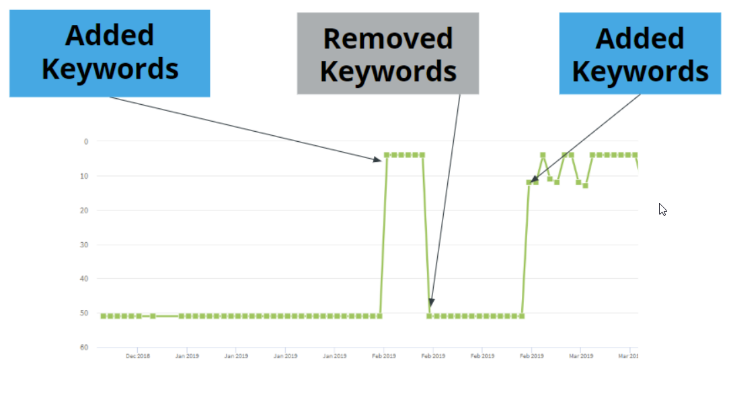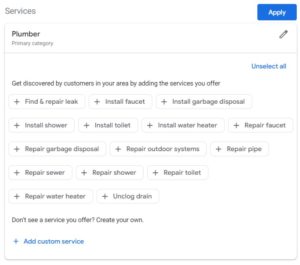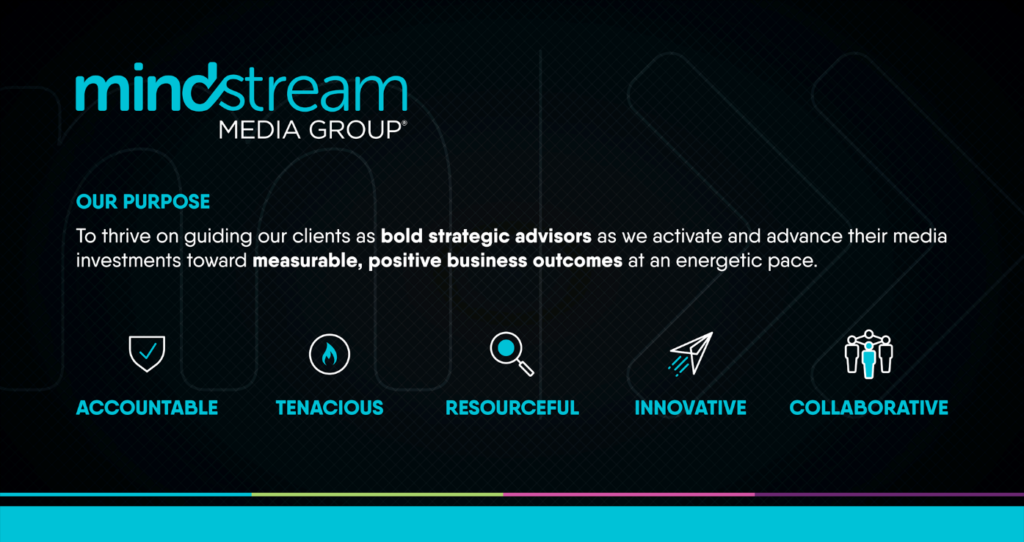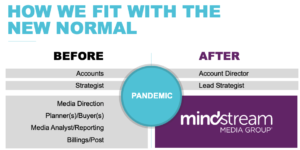Google My Business (GMB), as it stands today, is a free product Google offers to local businesses to help manage their presence online. Through GMB, businesses can ensure their location information is accurate, provide a way for users to contact the business and showcase key information about the location, such as what the outside of the building looks like and if it is handicapped accessible. Small business owners and marketing agencies alike rely on GMB as a useful tool to ensure location information is accurate online.
At its core, GMB exists to enhance the user experience by keeping location information accurate for Google users. However, over the past few years Google has consistently evolved GMB to include a multitude of additional features that go beyond basic location information. For instance, in early 2016, Google rolled out Google Posts through GMB. This feature allows businesses to publish a Post within the Google search results, therefore allowing the business to directly speak to users via the free GMB platform. In addition to Posts, Google has developed ways for users to text the business (Messaging), created an FAQ feature (Q&A) and provided more insights into listing activity (search queries vs. views vs. actions).
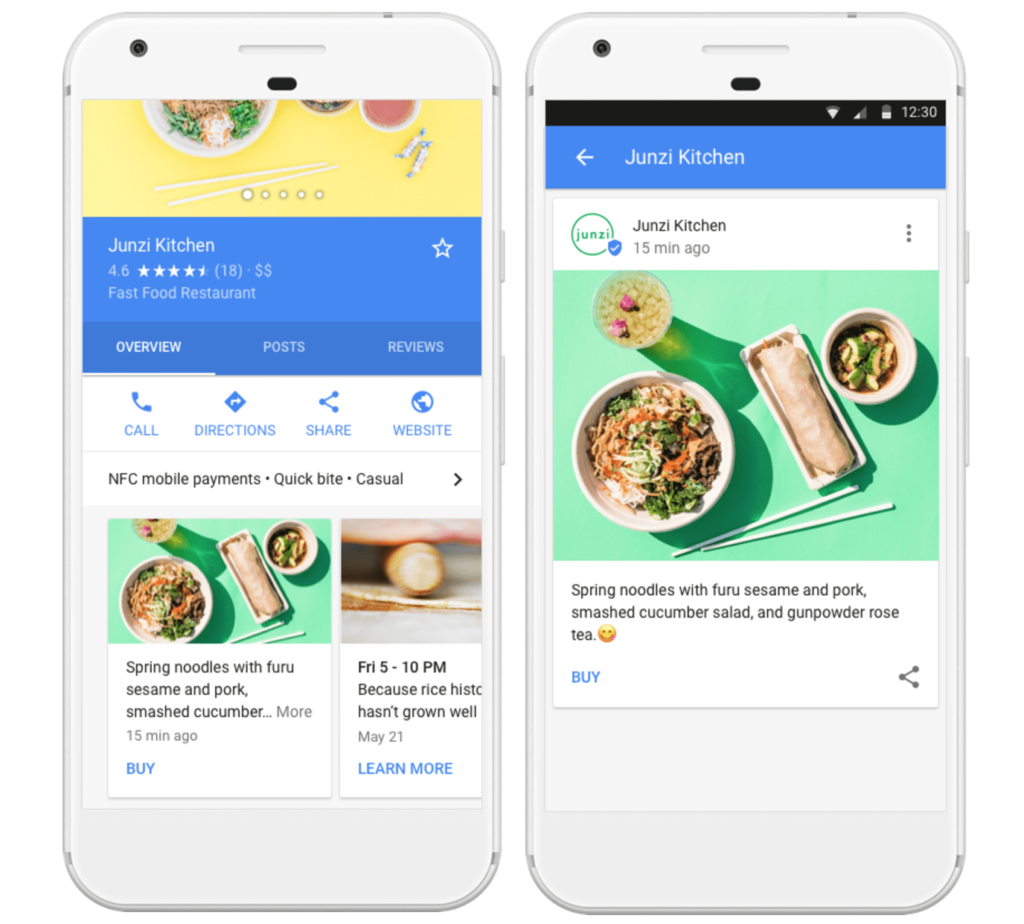
Source: Google
In addition to the list of free features Google has added to the GMB platform, they’ve also played with the idea of paid ads and paid listings. The first feature that sparked the idea of monetizing GMB was in 2013 when Google introduced local ads to Google Maps. More recently in 2018, Google launched Local Service Ads, which allows businesses in the home service industry to pay for a Google Guaranteed listing after going through background and license checks. Paying for a Local Service Ad shows users that you have been checked by Google and places a badge on your listing.
Fast-forward to this year; Google is launching The Google Guarantee. Similar to Local Service Ads, Google Guaranteed listings will receive a badge after passing a Google screening and qualification process. The upgraded listing will cost $50 per location per month ($600 annually). There has not been any information from Google on bulk pricing. It is unknown at this time if additional features will be added to listings with the Google Guarantee badge. The goal of the Google Guarantee is to instill trust and confidence in the businesses who take the time to go through the approval process.
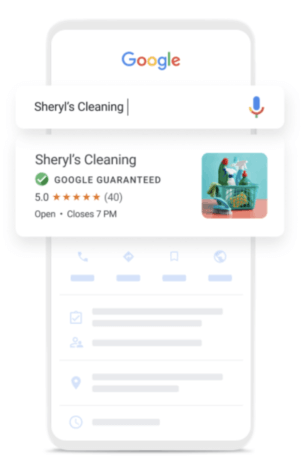 Source: Google
Source: Google
In terms of performance, it is unclear if having the badge boosts CTR or listing engagement as there is no public data available at this time, although it can be assumed that businesses with more trust receive more clicks and higher engagement rates. It is because of this assumption Mindstream Media Group is excited to test and learn more about Google’s latest paid feature.
As experts in the local space, we’re constantly looking for new ways to make our clients stand out from their competition, and Google Guarantee is an innovative way to do just that. Oftentimes businesses don’t put as much effort into local SEO as other channels and don’t explore the various features (free or paid) that GMB has to offer. If you’re interested in learning more about the Google Guarantee or GMB, reach out to connect with our team.



